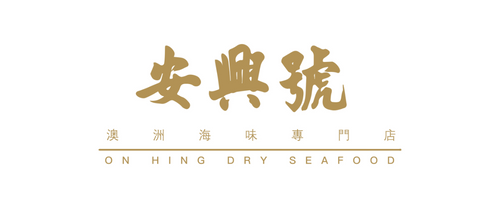Product Introduction
Golden Sand Sea cucumber, a species of sea cucumber, is quite famous. Its golden color is found in cold, deep waters 30-60 meters below sea level. Australia's northeastern coast is famous for its golden sand sea cucumber. The waters surrounding the South Pacific islands are known as the "Golden Mountain Sea Area," boasting a favorable ecological environment and water rich in various nutrients. Golden Sand Sea cucumber offers a better value: its flesh is thick, delicious, and rich in gelatin. It ranks among the highest in several nutritional content among sea cucumbers, including sea cucumber peptides (for repairing damaged cells), sea cucumber saponins (for inhibiting mold and providing defense), sea cucumber mucopolysaccharides (for boosting immunity), and chondroitin (for nourishing skin and cartilage). It not only contains a variety of trace elements typical of sea cucumbers, but is also high in protein, minerals, and collagen. Therefore, golden sand sea cucumber has high medicinal value, with significant therapeutic benefits for diabetes and cardiovascular and cerebrovascular diseases. It can also enhance immunity and improve joint and bone health. Sea cucumbers can be used for daily health care and strengthening the body; however, golden sand ginseng has double the nutritional content and better effects, making it worth buying!
Precautions
- People with colds, coughs, phlegm, acute enteritis, dysentery, or allergies should not eat seafood.
- As long as gout patients do not eat too much, it will not cause gout attacks
- Sea cucumbers should not be eaten with glycyrrhizic acid or vinegar, as this will reduce their nutritional value.
- Similarly, it is not easy to eat with acidic fruits. If you can't tell what is acidic fruit, please do not eat fruit for about two hours after eating sea cucumber.
- Although sea cucumbers are high in nutritional value, rich in protein, and have a chewy and refreshing taste, please do not overeat!
Buy Now: Australian Wild Ganoderma Lucidum


